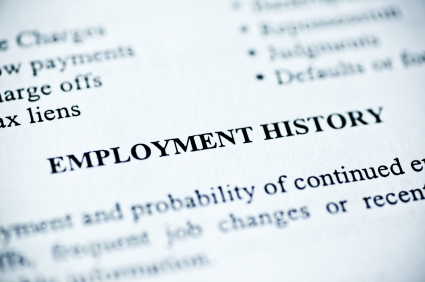Financial analysts have to be extremely detail-oriented; therefore, their resumes have to be equally so. With that, it’s time to revamp your resume in order to stand out from the rest of the financial analyst applicants with a resume that covers more than just your work experience.
Most modern resumes will begin with a short summary of who you are as a professional; employers will be expecting to see this so include it. Plus, when the average amount of time spent looking at your resume is roughly three seconds, this needs to be the focus of most of your attention.
Follow your introductory summary with highlights of your overall experience and skill set. The point here is to showcase you as a professional, not just where you’ve worked and your daily tasks. Rather, it’s a list of how you’ve excelled and grown.
Only after this section should you follow with your professional experience. Because you’re applying for a position in the financial industry, you need to keep your resume professional. This isn’t the place to show off your creativity. Instead, keep it traditional here and list your professional experience, starting with the most recent.
Finally, close your resume with your education experience as well as volunteer opportunities and extracurricular activities, i.e. everything that helps to round you out as a person.


